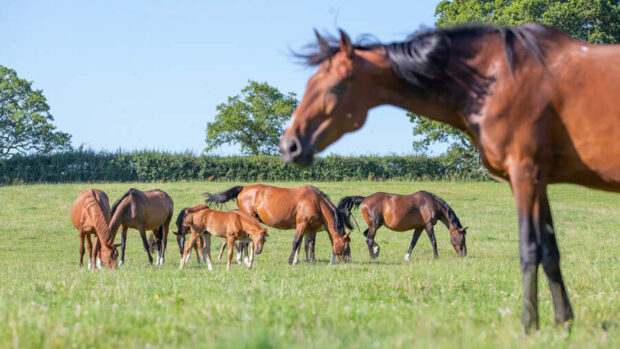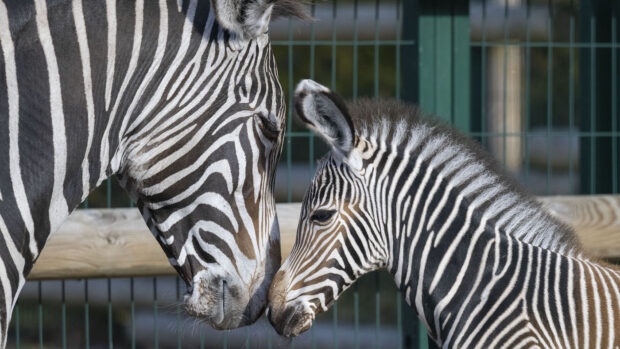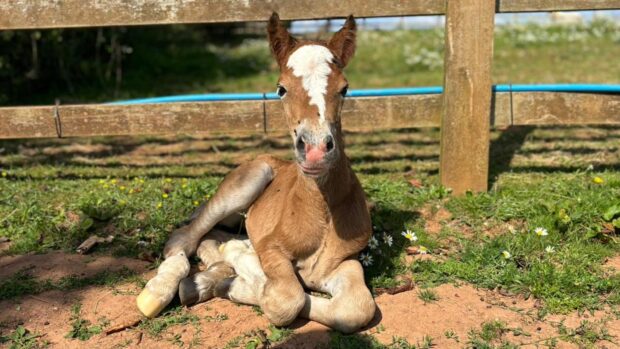The primary aim of feeding the lactating mare is to provide enough energy and protein to produce sufficient nutritious milk to support the foal during its first three months, when the growth rate is especially rapid.
To prepare the mare for the energy requirements of lactation, it is essential she is fed correctly during gestation. Once she has foaled and is lactating, her energy requirements will increase by as much as 44% and nutrients such as protein, calcium, phosphorous and vitamin A will be in particularly high demand.
During the first three months of lactation a mare will give 3% of her body weight daily in milk production so, for example, a mare of 454kg will produce in the region of 13.6kgs of milk per day. Not providing the mare with enough feed at this stage will reduce the quantity and quality of milk production, which could affect the foal’s health and growth rate.
Mares who maintain condition easily on grass/forage alone during lactation may benefit from the additional vitamins and minerals provided by a low calorie stud balancer. A stud mix or cube containing 15-16% crude protein will be best suited to mares who require additional calories.
The composition of mare’s milk changes rapidly during the first days of lactation with further gradual changes thereafter. Within the first 12hrs after birth the mare must pass adequate passive protection to her foal via the colostrum. At this point the foal’s small intestine is permeable to large protein molecules, such as the antibodies contained in colostrum, which will help build up its own immune system. Ideally the foal needs to be suckling within the first two hours after birth, as the antibody content of the colostrum is at its highest during this period.
If the mare has not received a balanced, energy dense ration, her milk may be of poor quality and she may not produce enough milk to support the foal’s growth. If necessary the foal’s diet can be supplemented with a milk-based creep feed, such as Buckeye Foal Starter, to provide the extra calories and other nutrients that are deficient.
The mineral levels in the mare’s milk drop naturally by 40-60% approximately three to five weeks into lactation and feeding a creep feed at this time will help counteract any short fall.
Foals very often begin to start nibbling at hay and concentrates between 10 and 21 days of age and providing a creep feed at this age, especially if the milk supply from the dam or the amount of grass is inadequate, should encourage a normal growth rate.
Another reason for feeding a creep feed as soon as the foal shows an interest is to help enhance the anatomical and physiological maturation of the digestive tract in preparation for the eventual change to forage and compound feeds.
During month four of lactation, milk production decreases to approximately 2% of the mare’s body weight, therefore her nutritional requirements begin to decrease. The milk will now be only providing about 30% of the foal’s energy requirements so now is the time to change from a milk-based creep feed to a feed designed to complement forage.
This feed should be selected according to body condition, growth rate and limb conformation with a stud balancer being ideal for the good doer or more rapidly growing foal, and stud mix or cubes more suited to those requiring a little more condition.
Introducing the new feed at this time will ensure that the foal is well established on his weaning diet prior to separation from the dam, thus reducing the problems of dietary set-backs after weaning.
|
Buckeye Foal Starter
|




